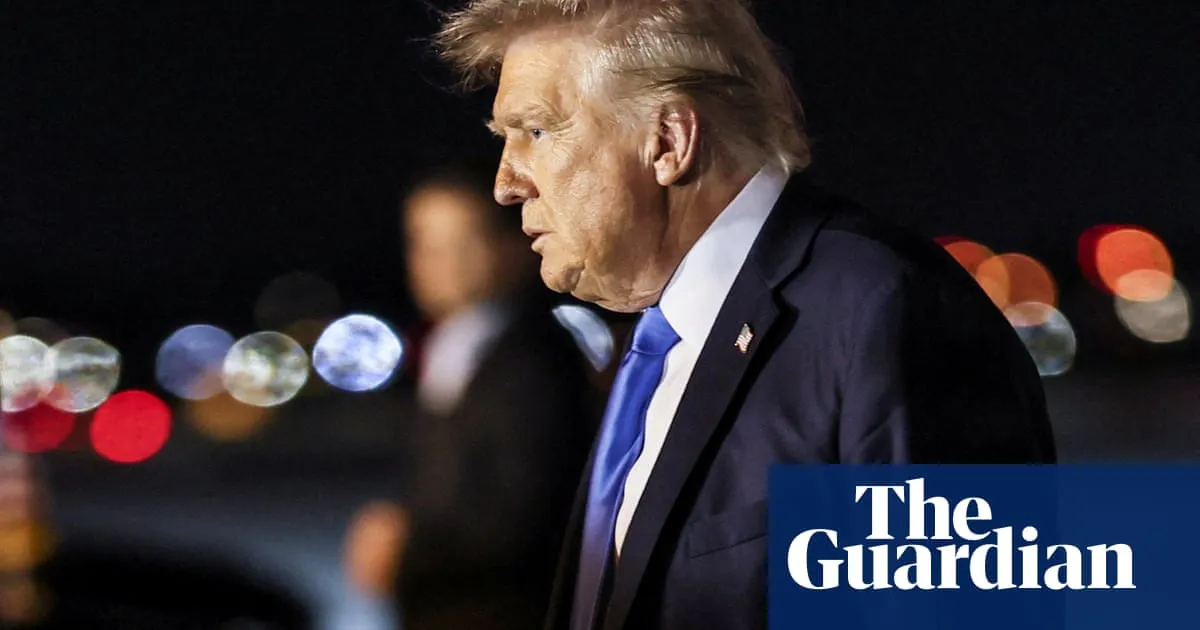
Donald Trump recently shared his thoughts during a wide-ranging television interview, where he was confronted with a critical question regarding the U.S. Constitution and the rights of immigrants. When asked by Meet the Press moderator Kristen Welker if he believed it was necessary to uphold the Constitution in granting immigrants their right to due process, Trump replied, “I don’t know. I’m not, I’m not a lawyer. I don’t know.” This statement highlights the ongoing debate about the treatment of immigrants in the United States, especially in light of Trump's long-term agenda surrounding mass deportations.
In the interview, Trump seemed hesitant to fully endorse the idea that immigrants are entitled to due process under U.S. law. This lack of clarity is particularly significant given his administration’s history of advocating for stricter immigration policies. When pressed on whether he aligned with his Secretary of State, Marco Rubio, who had previously stated that everyone should have the right to due process, Trump indicated that his legal team would adhere to the Supreme Court's rulings. “I have brilliant lawyers that work for me, and they are going to obviously follow what the Supreme Court said,” he asserted. However, he also noted that his interpretation differed from that of the Supreme Court, which adds a layer of complexity to his stance on immigration law.
During the interview, Trump also made a clear indication about his future, stating that he plans to complete his current term and not seek a third term in office. “I’ll be an eight-year president, I’ll be a two-term president. I always thought that was very important,” he stated. This acknowledgment of the constitutional limitations on presidential terms comes in the wake of increasing speculation about his possible re-election efforts. Trump admitted that some supporters are calling for him to run again, describing this as a compliment to the work he has done in office.
As discussions about succession heat up, Trump maintained his usual discretion about potential successors. He praised notable figures like Vice President JD Vance and Rubio, both of whom are often mentioned in the context of future Republican leadership. “It could very well be … I don’t want to get involved in that,” he commented when asked if Vance might be his successor. Trump emphasized the importance of unity within the party, noting that an outstanding vice president would likely have an advantage in a future election.
Interestingly, as Trump downplays the idea of a third term, the Trump Organization has begun marketing merchandise associated with a potential 2028 campaign. The newly launched red hats, priced at $50, are branded with “Trump 2028,” suggesting that while he may not seek a third term, he is still positioning himself for future political endeavors. The hats come with the tagline: “The future looks bright! Rewrite the rules with the Trump 2028 high crown hat.”
In January, Tennessee Republican Congressman Andy Ogles proposed a resolution to amend the Constitution to allow for a third presidential term. This has led to a renewed discussion about the 22nd Amendment, which currently prohibits such a term extension. As Trump navigates these complex political waters, his statements and actions will likely influence the Republican Party's direction as they look toward future elections.